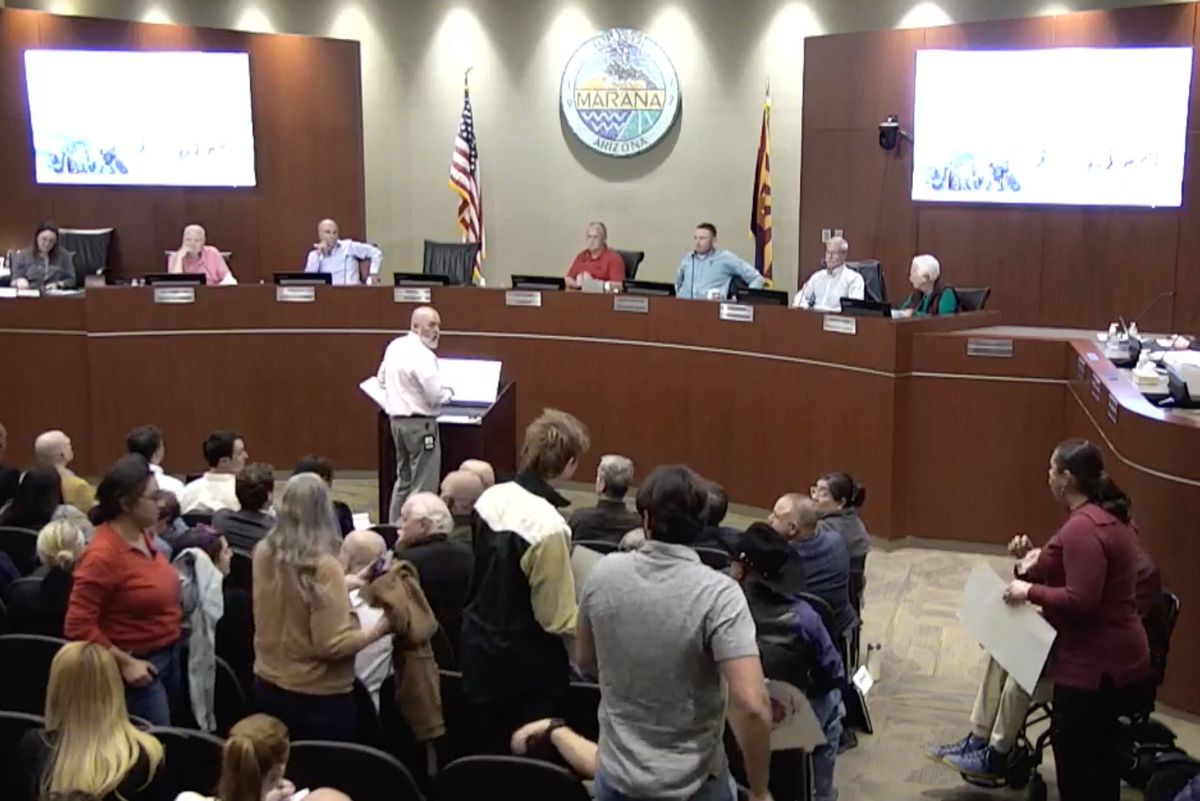gedaliyah
- 721 Posts
- 2.14K Comments

 1061·21 hours ago
1061·21 hours agoHi, mod here.
In the future, please avoid sharing links from news aggregators. Sharing from the original source helps community health by providing transparency, and allows others to avoid reposting the same article.

 91·24 hours ago
91·24 hours agoIt definitely works. Mastodon doesn’t have threaded conversations, so if it is complex, then it can become hard to follow.
If it’s a simple post/reply then it is not confusing at all.
It’s obviously 11. What’s the controversy?
One of the weirdest facts I know is that “pter” means wing and “helico” means spiral, so a wing that moves in a helix is a helico-pter. That’s the root, not heli-copter.

 101·5 days ago
101·5 days agoWhen I was a kid, we had whole educational units on this. Like with a special demonstration clock and worksheets and everything.
How are kids supposed to learn if schools don’t teach them?
I’ve shared several peer reviewed papers that show the opposite.
Science doesn’t take anecdotes.
Most food pantries and beds for the homeless in the USA are faith based. Here are the scientific papers that show it.
Assessing the Faith-Based Response to Homelessness in America: Findings from Eleven Cities
People claim money actually exists, too. It’s not an inherent property of human existence. It’s just an organizing principle that helps us coordinate resources.
It would be stupid if the main argument we had about money was whether on not it “exists.” By “stupid” I mean that it is counterproductive to the goals of bettering humanity. We don’t get anywhere with that discussion. Instead, we talk about how we should use use money as a tool to better organize our society. We talk about equity and advancement and poverty.
It’s the same with religion. It’s been well studied that religion offers social benefits:
Association between spirituality/religiousness and quality of life 2021
Assessing the Faith-Based Response to Homelessness in America

63.2% food pantries are identified as being faith-based food pantries
With this being Lemmy, I don’t have to highlight the negative consequences of religion.
The point is that we should be advancing beyond the kindergarten level discussion about what’s real and what’s make-believe. Intelligent people should instead be engaging on how we can ensure religious beliefs are fostering social trust, or how to recognize and combat religious extremism.
Why make an ideological argument against ideologies?
Science also led to eugenics and atom bombs. Religion also builds food pantries, wells, and hospitals. It is not about the tool but how we choose to use it.
What a stupid premise to begin with. God is at least as real as money, love, or America.
All of these are useful ideas to describe things that cannot be “proven” with objective evidence, but still have a meaningful impact on the reality of our lives.
Arguing about the objective existence of God is a red herring. I wish we spent as much time talking about the very well studied social benefits and harms of religion. Then we could start talking about meaningful reforms.

 26·7 days ago
26·7 days agoHey, I’m a minority and you can ask me whatever you want. 95% of those interactions have been positive for me.
Most people I’ve met with visible disabilities would prefer to have a discussion about it, since most people just stare awkwardly. YMMV
“Get back in here ya jerk… I can’t afford this right now.”

 1·10 days ago
1·10 days agoSure, here are a few.
Nine UNRWA staff members ‘may have been involved’ in October 7 attacks
Detailed findings on attacks carried out on and after 7 October 2023 in Israel
A U.N. inquiry accuses Israel of genocide in Gaza
‘Clear and convincing information’ that hostages held in Gaza subjected to sexual violence

 36·12 days ago
36·12 days agoThere have already been several.

 11·12 days ago
11·12 days agoYes, we are still trading on the same five acorns that were originally used as currency. /s
Yes, most of the wealth here is stolen, but the statement that wealth is zero-sum is absurdly inaccurate.

 51·12 days ago
51·12 days agoSomehow I feel like they will be fine when the bottom drops out and ordinary people will be the ones who pay.

 61·14 days ago
61·14 days agoWhy are our memories so bad? There are still people alive who lost friends to polio.
As someone else pointed out, x-lax gives you “smooth movements.” they had an advertising campaign in I think the 1980s. The slogan was “smooth move x-lax,” and it entered the vernacular slang for a decade or so. Generally, it was used in a sarcastic way when somebody does something that is specifically not smooth.
It’s used as the punchline here because it is intentionality so cringeworthy.

 1263·15 days ago
1263·15 days agoI choose to believe that this was done deliberately by disgruntled FBI agents.
It was probably just incompetence, but let me believe what I want.












Yeah, it’s better if you can have the computer on all the time, but it only needs to be running when you access it.
I’m not that familiar with FreshRSS, but in general apps will only update at opening (not in the background) for most syncing operations. You may have to do more manual syncing than you would like.